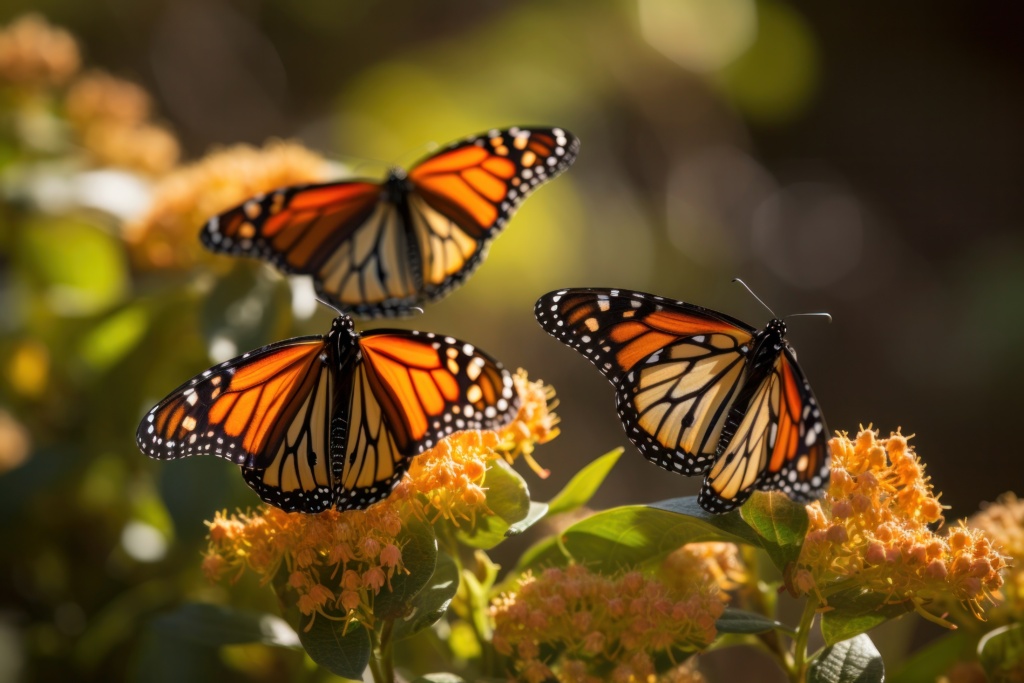Discovering Monarch Butterflies: A Vital Lesson in Conservation
During a recent family hike, we were fortunate to encounter a majestic monarch butterfly. Its vibrant orange and black wings made it feel like a celebrity sighting. Yet, despite their fame, monarch butterflies have become increasingly rare in the wild. It was a poignant moment, especially for my eight-year-old daughter, who had never seen one before.
Monarch butterflies aren’t just beautiful; they are crucial pollinators known for their incredible migrations across North America, spanning thousands of miles. Sadly, their populations have declined by 90% over the past two decades, with neonicotinoid exposure emerging as a significant threat.
Understanding Neonicotinoids and Their Impact
Neonicotinoids, neuro-active insecticides similar to nicotine, are widely used in agriculture to protect crops. However, studies suggest these chemicals harm non-target species like monarch butterflies and degrade soil health. Despite claims of enhanced crop yields, evidence from the U.S. Environmental Protection Agency (EPA) indicates minimal benefits in soybean production compared to sustainable alternatives.
Lessons from History: DDT and Neonicotinoids
The parallels between neonicotinoids and DDT, once celebrated for its effectiveness before being banned due to health and environmental concerns, are striking. Like DDT, neonicotinoids pose long-term risks that outweigh short-term gains.
Global Response and Calls for Change
Recognizing their environmental impact, several countries, including the European Union and Canada, have banned neonicotinoid pesticides. These bans reflect a growing consensus on the need for sustainable agricultural practices that reduce chemical reliance.
A Call to Action: Embracing Sustainable Agriculture
It’s evident that the environmental costs of neonicotinoids far exceed any benefits. To safeguard species like the monarch butterfly and promote ecosystem health, we must prioritize sustainable agricultural practices. Following global examples, it’s time to phase out neonicotinoid use and embrace responsible farming for a healthier planet.

